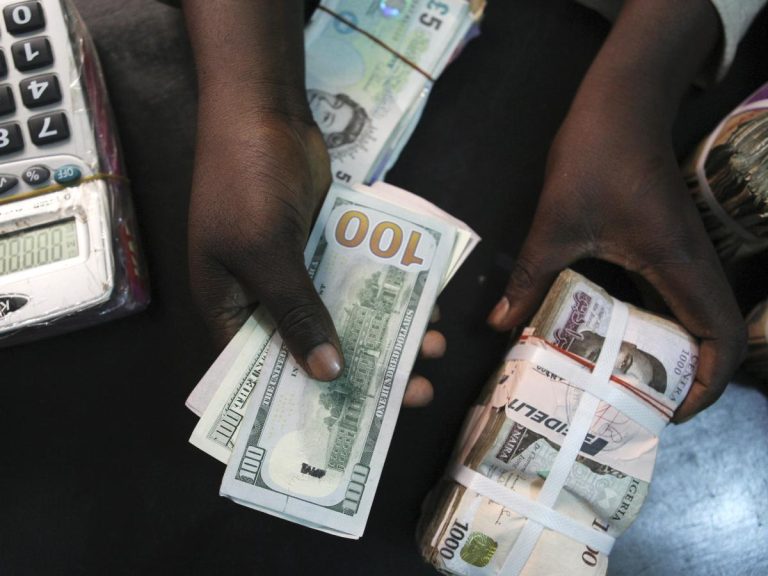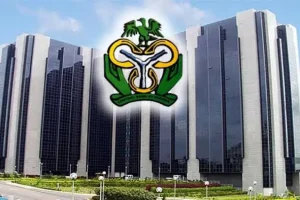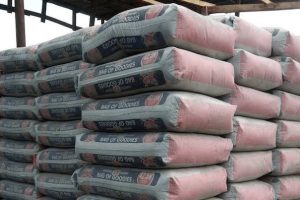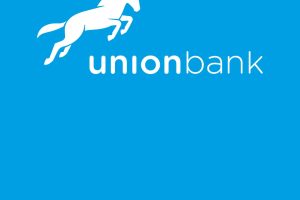
The exchange rate between the US dollar and the Nigerian naira continues to draw significant attention from individuals and businesses alike, especially those involved in international trade and remittances.
On Saturday, April 12, 2025, activity in the Lagos parallel market, commonly known as the black market shows that the buying rate for one US dollar stands at ₦1570, while the selling rate is ₦1575.
These figures are sourced from traders and Bureau De Change (BDC) operators who are active in key currency exchange hubs across Lagos.
Why the Black Market Rate Matters
Although the Central Bank of Nigeria (CBN) does not officially recognize or support the use of the black market for foreign exchange transactions, many Nigerians still rely on it due to difficulties in accessing forex through official banking channels. Issues such as limited availability, long processing times, and strict documentation requirements have made the black market a more accessible, albeit riskier, alternative.
CBN’s Official Position
The CBN continues to warn against participating in parallel market trading, stating that such activities undermine the stability of the national currency. The apex bank urges those in need of foreign currency to apply through authorized financial institutions, which are mandated to follow official exchange rates.
Nonetheless, the disparity between the official and unofficial markets persists, often influenced by market forces such as demand, inflation, and fluctuations in Nigeria’s foreign reserves.
Latest Exchange Rates Overview
Black Market (Parallel Market) Rate
| Currency Pair | Buying Rate | Selling Rate |
|---|---|---|
| USD/NGN | ₦1570 | ₦1575 |
CBN Official Rate
| Currency Pair | Highest Rate | Lowest Rate |
|---|---|---|
| USD/NGN | ₦1630 | ₦1570 |
Key Notes for Forex Users
- The exchange rates in the black market often differ slightly from one location or dealer to another due to market volatility and negotiation margins.
- Rates can also fluctuate within hours based on economic news, government policies, and global financial trends.
- It is advisable to compare rates from multiple sources before conducting any large transactions, especially in volatile markets.
What This Means for Nigerians
The current forex rates reflect continued pressure on the naira, and many analysts believe that inflation, reduced oil revenue, and inconsistent monetary policies are key factors driving the demand for the dollar. For everyday Nigerians, this means the cost of imported goods remains high, and businesses dependent on international suppliers face growing challenges.
Until forex supply stabilizes through official channels, the black market will likely remain a major player in Nigeria’s currency landscape.





